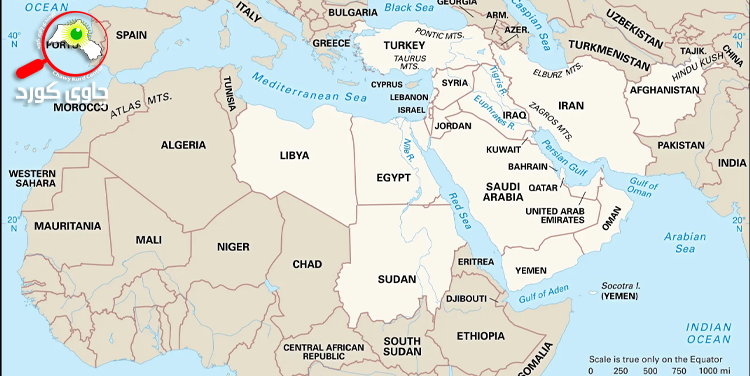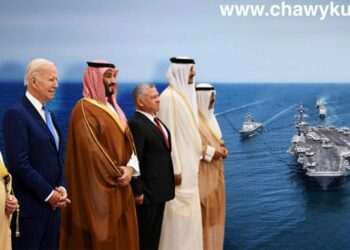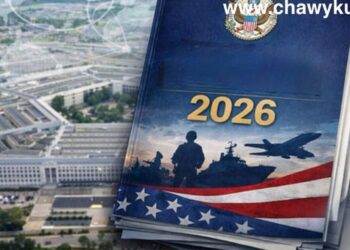Research Title: Differences in foreign policy making in the Middle East with other parts of the world, compared to Western countries. (Example, reason, factor)
Introduction
As a definition and understanding of foreign policy, it is a strategy or series of actions planned by government authorities, aimed at achieving the framework of national interests. This mode of policy provides national interests and achieves the main objectives of the state in the international arena. Foreign policy, while containing certain unchanging principles, must have advance strategies and plans for international changes, such as the arts of foreign policy making. In other words, the structures of political system insides are an effective basis of the country’s strategic wills and interests internationally.
Foreign policy is part of international politics as well as existing in the first primary relations of society in human history, but its new methods date back to the rise of European states in the seventeenth century.
Foreign policy became a mixture of the (nation-state) after the French Revolution; the genres of statesmanship and the nation-state became more intertwined with national sentiment and desire. After the nineteenth century, the scope of states and the influence of politicians on the level of foreign relations expanded.
In general, the countries that have influenced international relations in the Middle East in the past have been (Lebanon, Saudi Arabia, Israel, Palestine, Yemen, Afghanistan, Iraq, Turkey and Syria).
Western countries have also had a strong influence on foreign relations (Belgium, Ireland, Luxembourg, France, the Netherlands, Germany, etc.) are a major factor in raising the level of Western relations.
The influence of the military in foreign policy in the Middle East and the West
The military has certainly influenced Middle Eastern foreign policy. Military interventions in military conflicts, especially those states that have military power, use that military power to expand their hegemony, which then affects their relations. Powerful states in the Middle East often fall into devastating wars because of their strong military positions. For example, the Israeli-Palestinian war has created a complicated political and military situation due to sectarian conflict. In other words, the Middle East must be corrupt with Europe. The continued conflict in the Middle East weakens diplomatic relations. (Turkey, Iran, Egypt, Israel, Saudi Arabia, Iraq, UAE, Syria) These are all linked to intense conflict in the Middle East, each supported by the strongest state.
How much of changes do leaders make?
Conflict between leaders has always affected Middle Eastern foreign policy. In the past, Jamal Abdel Nasser against Anwar Sadat and Saddam against Assad have always been strained because leaders in the Middle East are constantly trying to rebuild their positions and hegemony. Jamal Abdel Nasser led the country in the wrong direction, especially when he closed the stock market and kept business inside the country, so most foreign businessmen living in Egypt left the country and were replaced by military generals who ran national companies outside Egypt in the past.
The main differences between Middle Eastern and Western foreign policy
-
- Historically: The Middle East has troubled past, with centuries of conflict at the level of power and diverse cultural and ethnic groups. At the same time, Western Europe has a very different historical period, which is more concerned with nation-building, colonialism, and the expansion of existing democratic institutions.
-
- Security differences: The Middle East is constantly facing instability, for example, the Israeli-Palestinian conflict, sectarian conflict and the threat of terrorism. That is, the problem in the Middle East is that there is more security instability, although Western Europe is not without problems. It has many challenges, including border control, immigration risks and unsolved international crimes.
-
- Divisions and differences: The Middle East is always in conflict, one of which is characterized by the complexity of alliances and rivalries between different nations, which leads to ideological divisions and provides diplomatic coordination.
-
- Position and role in global affairs: The Middle East has had a broad position in energy resource strategy and cultural issues in world affairs, but Western Europe, especially EU countries, are trying to influence through economic diplomacy, human rights and multilateral participation describe themselves.
It is important to note that foreign policy is dynamic and can vary depending on the specific countries within each different geographic region. This answer provides a general comparison, but individual countries may have unique foreign policy approaches in the broader regional context.
As noted earlier, the main differences between Middle Eastern and Western foreign policy are political, economic, cultural, and foreign policymaking. The foreign policy of countries outside Europe and the Middle East has a great influence on the direction of world policies and future stages. The best option is political and economic rapprochement between countries to address all the major challenges facing the world. Of course, the world powers will have a decisive influence in shaping future world policy by expanding the level of international relations.





























































